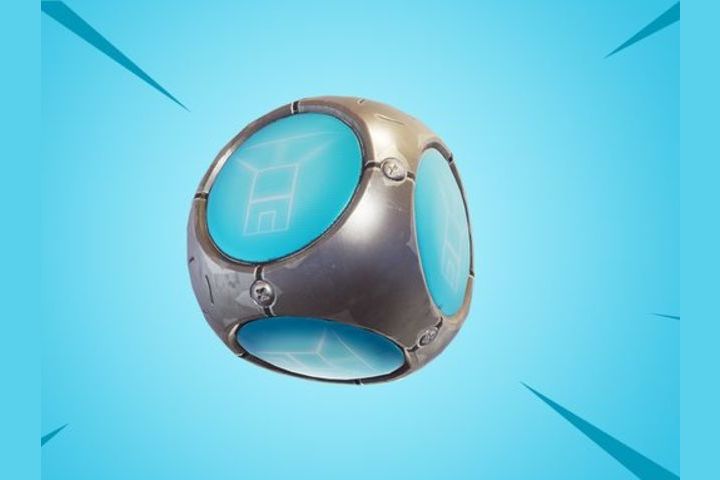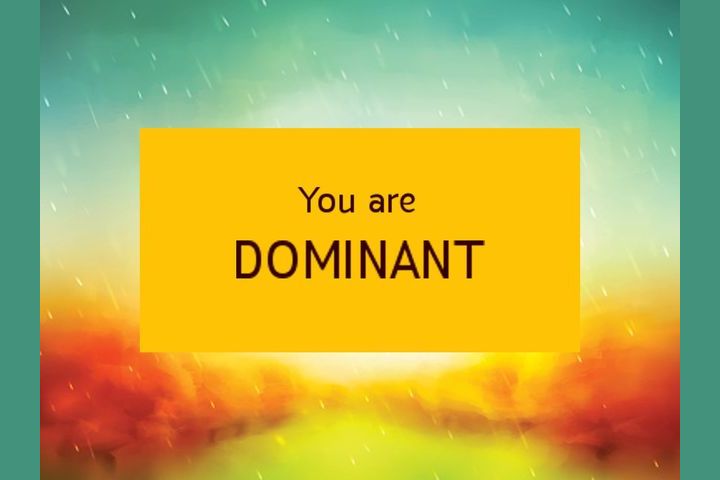
In an age where we're constantly connected, always reachable, and endlessly scrolling, it's easy to feel overwhelmed, distracted, or even burnt out by technology. While digital devices bring convenience and connection, they can also rob us of presence, productivity, and peace of mind. If you've ever felt mentally drained after hours online or find yourself checking your phone without thinking, it might be time for a digital detox. This guide will walk you through the why, when, and how of taking a mindful break from screens to reclaim your time, focus, and mental clarity.
What Is a Digital Detox?
A digital detox is a conscious break from digital devices — smartphones, social media, computers, and even TVs — to reduce screen time, reset habits, and reconnect with the offline world. It doesn't mean you have to give up technology forever, but rather take intentional pauses to regain balance and control over how and why you use your devices.
Why a Digital Detox Matters
- Improved Mental Health: Excessive screen time has been linked to anxiety, depression, and poor sleep. Stepping back helps reduce information overload and emotional fatigue.
- Better Focus: Constant notifications and multitasking can reduce your ability to concentrate. A detox helps rebuild attention span and cognitive clarity.
- More Meaningful Relationships: In-person interactions become deeper and more fulfilling when screens aren’t in the way.
- Enhanced Productivity: Less time mindlessly scrolling = more time for hobbies, rest, or creative work.
- Rest for Your Eyes and Body: Reducing screen time can ease eye strain, headaches, and posture-related discomfort.
Signs You Might Need a Digital Detox
- You check your phone within minutes of waking up or before bed.
- You feel anxious or stressed when you're not near your device.
- You mindlessly scroll for hours without realizing it.
- Your productivity or creativity feels blocked.
- Social media is impacting your self-esteem or mood.
How to Do a Digital Detox (Without Losing Your Mind)
1. Set Clear Intentions
Ask yourself: What do I want to gain from this detox? More focus? Better sleep? Less stress? Having a goal will keep you motivated.
2. Start Small
You don’t need to quit everything cold turkey. Try one screen-free hour a day, one offline evening per week, or a full 24-hour detox on weekends. Gradually build up.
3. Set Phone-Free Zones
Designate spaces like your bedroom, dining area, or bathroom as phone-free zones. This helps break the habit of unconscious device use.
4. Turn Off Non-Essential Notifications
Disable notifications for social media, email, or news apps that interrupt your day. Only allow alerts for calls or urgent messages.
5. Use Technology to Limit Technology
Paradoxically, apps like Screen Time (iOS), Digital Wellbeing (Android), or Freedom can help you track and limit your usage.
6. Replace the Habit
Find rewarding alternatives: read a book, journal, take a walk, cook a new recipe, meditate, or have a real conversation. Fill the void with things that nourish you.
7. Tell Others
Let friends or coworkers know you’re taking a break. It sets expectations and makes it easier to step away from group chats or social platforms temporarily.
8. Have a Morning and Evening Ritual Without Screens
Instead of starting and ending your day with your phone, try stretching, drinking tea, journaling, or reading. These routines help ground your energy and reduce digital dependency.
Digital Detox Ideas to Try
- Phone-Free Mornings: Wait at least 30–60 minutes before checking your phone after waking.
- Offline Sundays: Spend one day a week unplugged — no email, no social media.
- Digital-Free Dinner: No devices at the table. Enjoy uninterrupted conversations.
- Social Media Breaks: Log off platforms for a set time (a week, a month). See how your mind feels.
- Nature Retreats: Go on a hike or a weekend away — and leave the phone behind or on airplane mode.
What to Expect During a Detox
You might feel a bit restless, anxious, or even bored at first — that’s totally normal. Digital detoxing reveals how often we reach for our phones out of habit, distraction, or emotion. But after a day or two, most people report feeling clearer, calmer, and more connected to the world around them.
Conclusion
A digital detox isn’t about rejecting technology — it’s about using it intentionally. Taking regular breaks from screens helps you regain control over your time, attention, and emotional energy. Whether you detox for an hour, a weekend, or longer, the benefits are lasting: deeper focus, better sleep, improved mood, and a renewed sense of presence. So unplug, look up, and reconnect with what truly matters — your life is waiting beyond the screen.









